

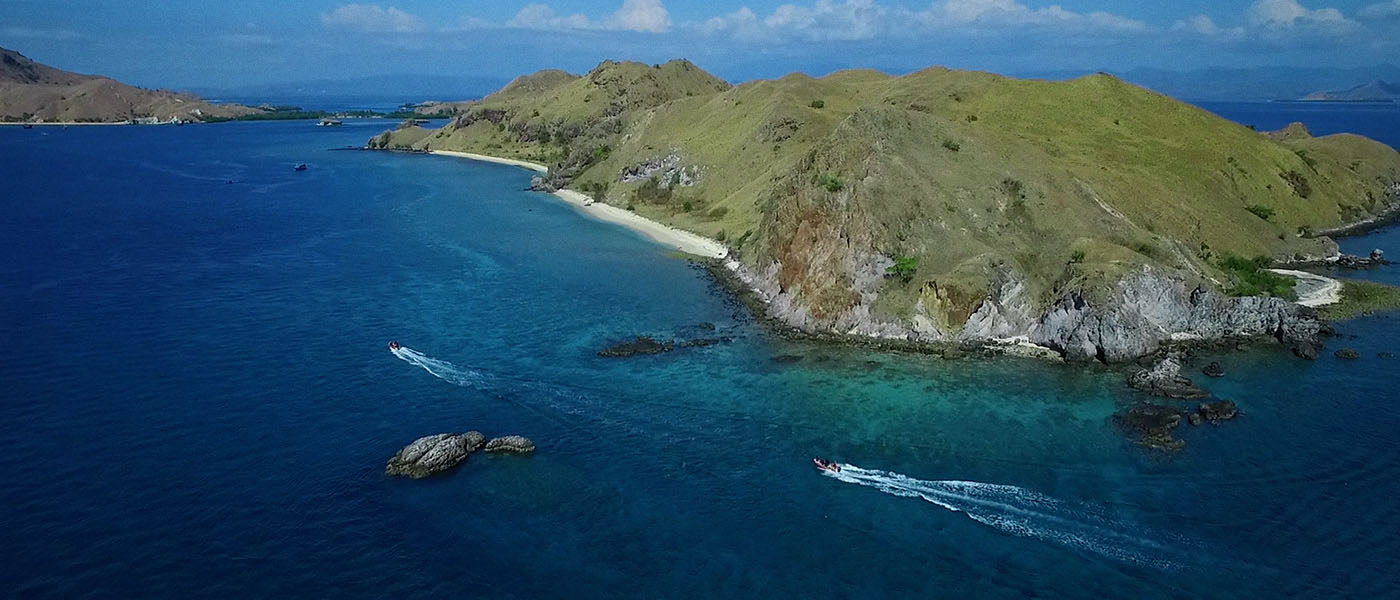
Komodo National Park was declared a World Natural Heritage Site by UNESCO in 1991. The National Park includes the three larger islands of Komodo, Rinca and Padar, as well as numerous smaller islands.
The dive spots around Komodo offer unbelievable variety. One day you can admire rare critters creatures in the morning and in the afternoon drift along with giant mantas and schools of big-eye jacks. There are patch reefs, bommies (pinnacles), sheer walls, and shallow coral gardens to be explored. There are more than 1000 fish species, 260 species of corals, 70 different sponge species, 17 species of whales and dolphins and at least 2 different kinds of sea turtles living in the waters of Komodo National Park.
Pindito never has a set itinerary. We plan our trips and water activities based on weather, tides and currents. From our expertise and experience, we know the ideal sea conditions for all the best and famous sites and when to dive them. And of course we have the not so famous, and even secret, equally spectacular sites that only a few of us know about.
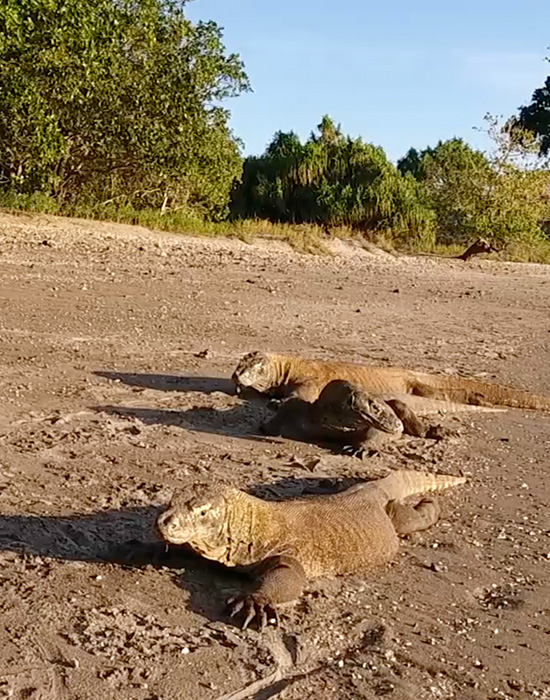


Immerse yourself in the wonders of the legendary archipelago
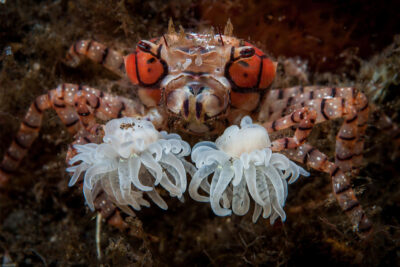
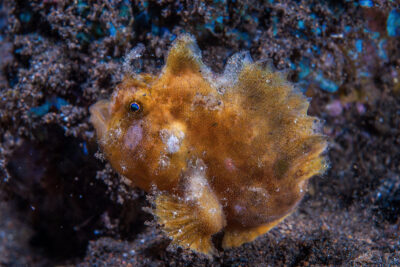
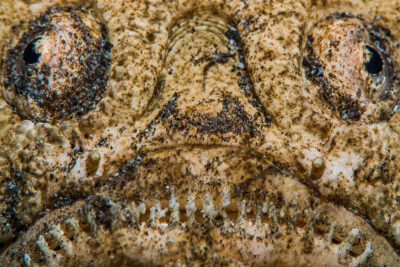
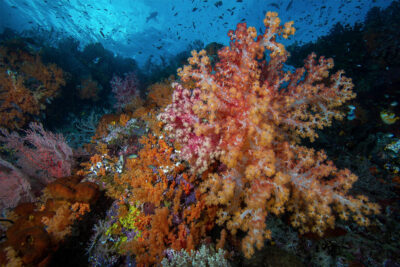
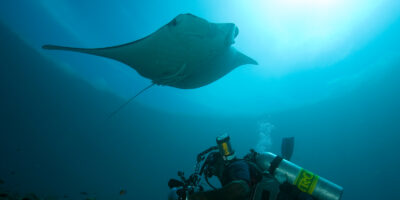
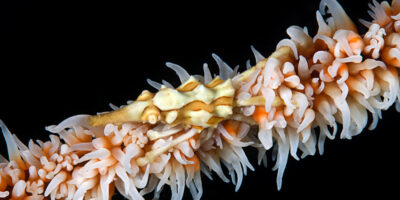
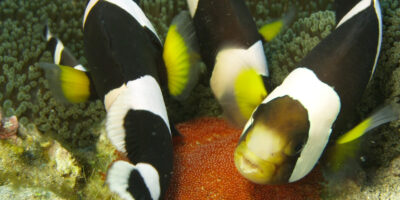
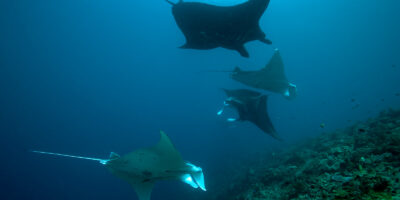
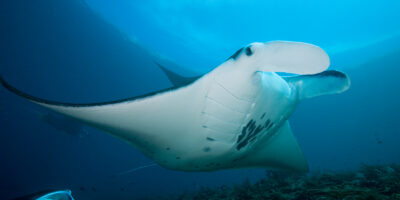
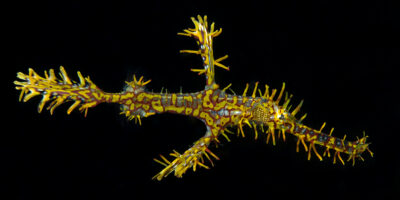
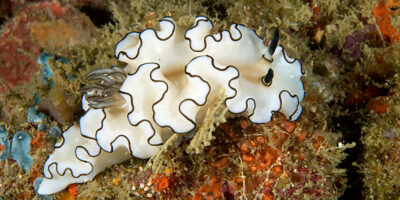
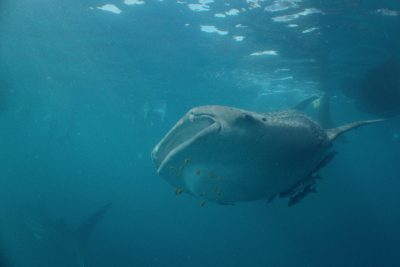

with the
